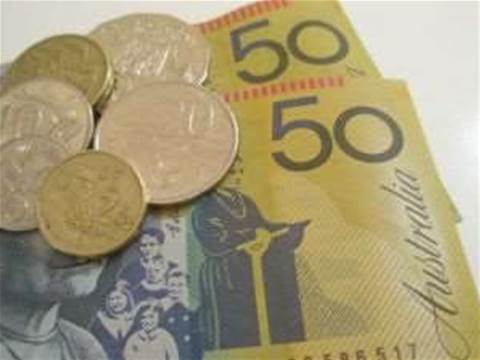An opponent of the Government spending $43 billion on a fibre-to-the-premise national broadband network said the private sector should foot most of the bill.
Anti-FTTP campaigner Todd Hubers, creator of NoNBN.org, said the Government should focus on rolling out substantial backhaul links to encourage the private sector to make their own ‘last mile' infrastructure investments.
These could encompass FTTP, fourth-generation wireless technologies such as long term evolution (LTE), or more "far-fetched" options such as a free space optic mesh.
"Backhaul is the first step and has to be done to make anything work but during its rollout the last mile can be considered," Hubers said.
"The private sector might take care of the last mile itself if backhaul becomes cheaper. FTTP is a good technology but it can be funded entirely by the private sector [in my opinion]."
Hubers said he had interest from Monash and Deakin universities to explore the potential for free space optic mesh networks in Australia.
Free space optics is a line-of-sight technology that uses light beams to transmit data between two points. Its origins were in NASA and Defence in the late 1960s.
It is often promoted as an alternative to laying fibre optic cables, but detractors say the beams can be subverted by atmospheric conditions such as fog, reducing its reliability.
Hubers proposed a network of very short-range links arranged in a mesh topology. They would run from house to house within the network area, reducing downtime caused by poor weather.
"I wouldn't expect a government to put something like this in, but if you consider the on-paper design specifications of a mesh network and how it could work, you could potentially create a mesh that undermines and competes with the NBN," Hubers said.
Although testing of the concept was required, he said it promised gigabit-speed internet "for only $30 a month".
This is much less than the $70 to $200 a month suggestions for retail service prices on the NBN.
Hubers said his objection to the $43 billion NBN is that "the general population can't afford $200 a month [for internet services]".
"The Government is calling this a nation-building exercise to justify the price tag," Hubers said.
"But it doesn't directly support primary or secondary industries, it complements them. Redistributing the $43 billion into water and power projects would be nation-building."





.jpg&h=142&w=230&c=1&s=1)

.png&h=142&w=230&c=1&s=1)




.jpg&w=100&c=1&s=0)
_(8).jpg&w=100&c=1&s=0)











